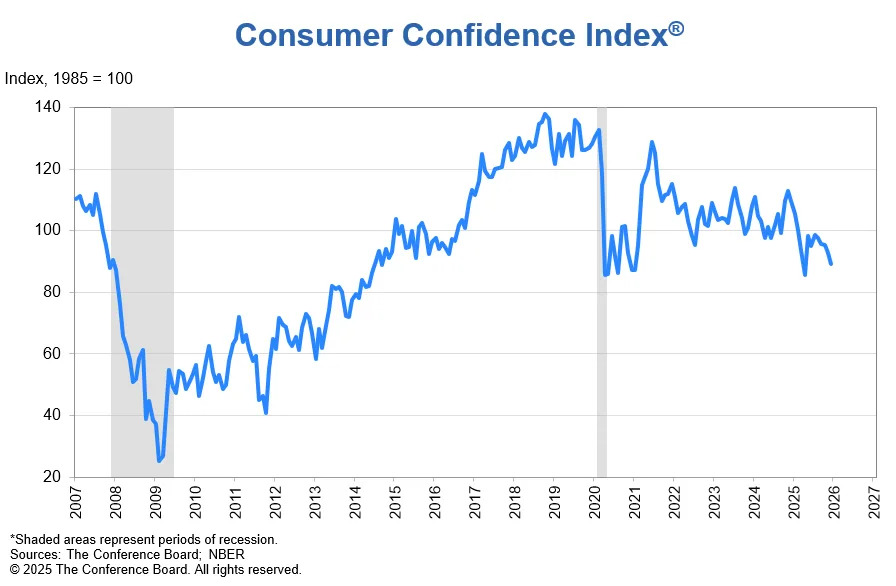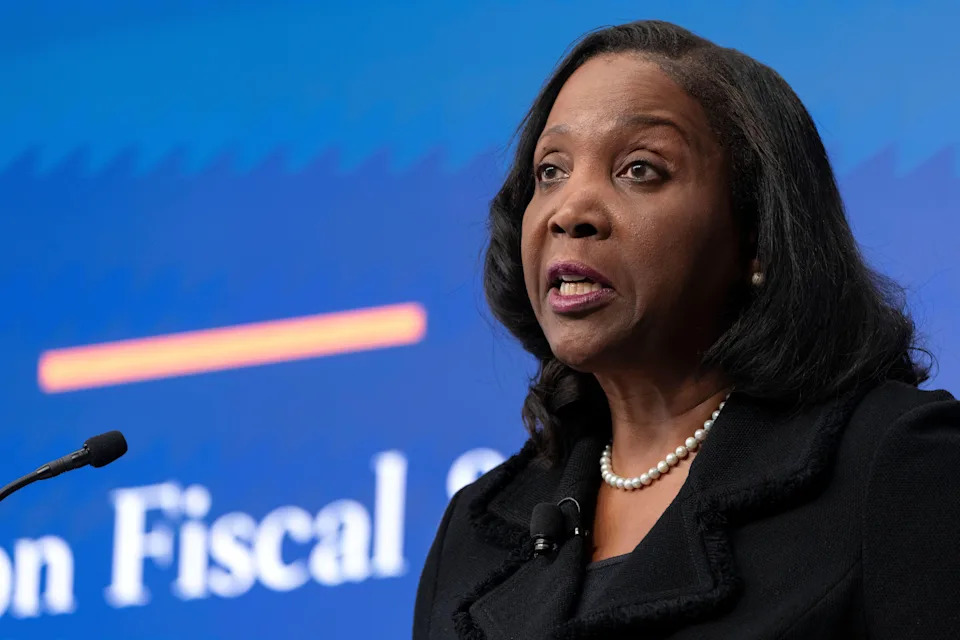
Experts advise caution in adding private assets like crypto to 401(k)s
Key Points
- President Trump's executive order aims to allow 401(k) investors to include private assets like private equity, venture capital, hedge funds, real estate, and potentially gold and crypto in their retirement portfolios.
- Private assets offer diversification and potentially higher returns but come with risks such as lower liquidity and complexity, making them less suitable for those needing quick access to funds.
- Experts advise caution, recommending that investors understand the risks and liquidity rules of private assets and limit allocations to 5-10% initially.
- BlackRock and other major firms are introducing target-date funds with private assets, aiming to boost returns, though concerns remain about higher fees and lack of transparency.
- Critics warn that private assets may not be appropriate for average investors due to their complexity, long lock-up periods, and potential for increased costs.
Summary
President Trump signed an executive order to enable 401(k) investors to diversify into private assets, including private equity, venture capital, hedge funds, real estate, and possibly gold and crypto. This directive tasks the Department of Labor and SEC with creating guidelines for incorporating these investments into defined-contribution plans. Proponents argue that private assets offer diversification and higher returns compared to traditional stocks and bonds, with BlackRock's Larry Fink suggesting a future portfolio mix of 50/30/20 (stocks, bonds, private assets). However, experts like Lisa A.K. Kirchenbauer caution against the risks, including low liquidity and complexity, advising investors to limit exposure to 5-10% and fully understand the investments. Major firms like BlackRock, Empower, and Voya are already developing products with private assets, aiming for enhanced returns, but concerns persist about higher fees, lack of transparency, and suitability for average investors. Critics highlight that private assets, often reserved for sophisticated investors, may conflict with the flexibility needed by 401(k) participants and could increase costs, despite recent reductions in plan fees due to index funds. The move aims to democratize access to alternative investments but raises questions about whether regular savers are equipped to navigate these complex options.
yahoo
August 8, 2025
Stocks


